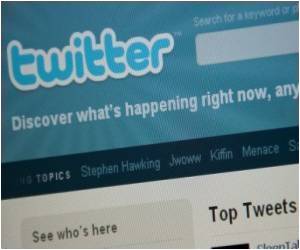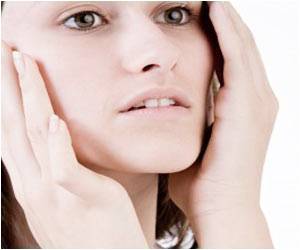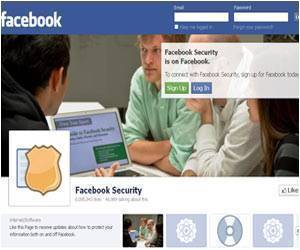New research has shown that a valuable role exists for the use of social media in medicine.

With Dr Anselm Wong and Dr Shaun Greene, all from the Victorian Poisons Information Centre in the Emergency Department of Austin Health, Dr Rotella conducted an audit of Twitter in August 2013.
Using the in-built search engine, with "poison", "poison control", and "toxicology" as search keywords, the audit yielded a sample of 51 relevant accounts with an average of 1,084 followers.
Nearly 34 were organisations (including @Erowid, a user reporting and harm minimisation website for recreational drug use), of which 20 were poison control center accounts.
17 were individual clinicians working in the field of clinical toxicology and/or poison control.
Of those accounts, 38 accounts had sent out a tweet relating to toxicology in the past 90 days: 1418 were tweets with information relating to diagnosis, management, investigation or conferences; 1042 contained links to articles via journals, PubMed or other websites; 10 were photos of relevant material; and 8 were links to videos.
"Emergency medicine clinicians can use Twitter as a means to further enhance their knowledge and obtain up-to-date information on toxicology," Dr Rotella said.
"Whilst informative, as with all medical literature, the same process for critical appraisal should be applied to information obtained from Twitter."
Twitter has been previously reported as a rapid means of disseminating medical information, specifically the H1N1 epidemic.
Source-ANI
 MEDINDIA
MEDINDIA




 Email
Email






